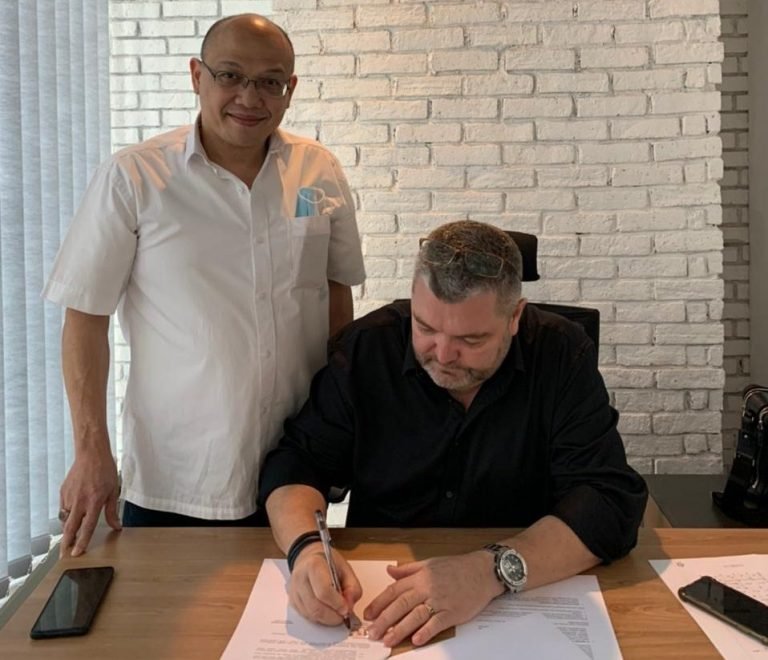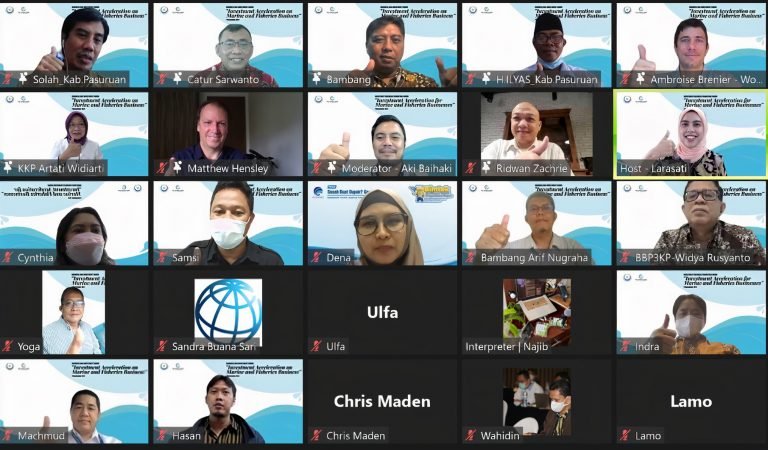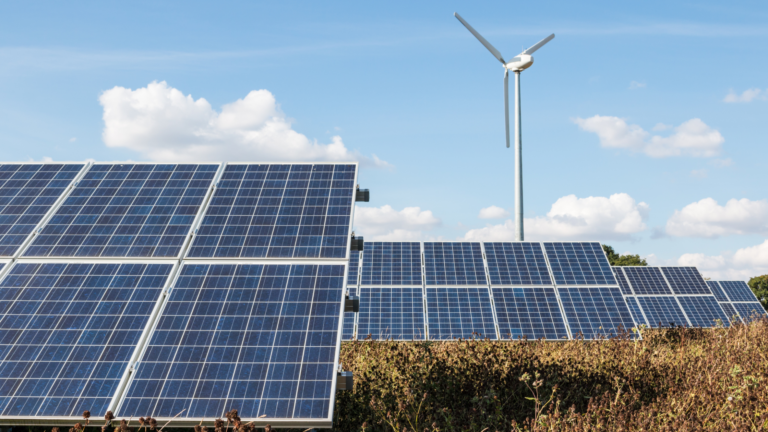MSMEs Renewable Energy Transition is essential for Indonesia’s sustainable development. As vital contributors to the national economy, MSMEs play a significant role in driving innovation and growth.
The Indonesian Chamber of Commerce and Industry encourages MSMEs to transition to clean energy in hopes of creating a more environmentally friendly business landscape. This shift not only supports the country’s green future goals but also reduces greenhouse gas emissions.
With proper funding and education, MSMEs can overcome challenges and embrace renewable energy to foster long-term sustainability.
Why MSMEs Renewable Energy Transition Matters
MSMEs Renewable Energy Transition is undeniably crucial for Indonesia’s economic and environmental goals. In 2023, the business sector contributed a whopping 216 million tons of CO2 in greenhouse gas emissions.
According to Anthony Utomo, Chair of the Energy Transition Working Group and the Standing Committee on Renewable Energy and Energy Conservation, As reported by Antara News, “MSMEs play a crucial role in accelerating the energy transition as they not only support clean energy development but also contribute to economic growth and job creation.”
Moreover, by adopting renewable energy, MSMEs can significantly lower greenhouse gas emissions, thereby fostering sustainability. Furthermore, this transition aligns seamlessly with Indonesia’s vision for a green economy, ensuring that MSMEs remain competitive and resilient in a changing market. Therefore, enhanced funding, education, and supportive policies are crucial to overcoming challenges and enabling MSMEs to fully embrace clean energy solutions.
Energy Transition Challenges for MSMEs in Indonesia
MSMEs in Indonesia face significant challenges in adopting renewable energy due to limited funding and education. Despite the country’s immense renewable energy potential, Indonesia has only utilized around 14 percent of its resources.
Of the 3,686 gigawatts of renewable energy available, only 13.7 gigawatts are in use, leaving vast opportunities, particularly in electricity generation, untapped. These obstacles prevent MSMEs from investing in clean energy technologies or fully understanding their long-term benefits.
As a result, MSMEs struggle to contribute to Indonesia’s green energy goals, slowing the nation’s progress toward a more sustainable future. To overcome these challenges, stakeholders must prioritize accessible funding and educational support for MSMEs.
Clean Energy Adoption Boosts Sustainability for MSMEs
Opportunities for MSMEs to adopt clean energy hinge on innovation, collaboration, and government support.
As reported by Kompas.com, M Maulana, Chairman of the Standing Committee on Strategic Planning and Institutional Affairs in Energy and Mineral Resources, emphasized that “MSMEs are one of the sectors most sensitive to price, so the availability of affordable clean energy is crucial.”
To address this, the government and private sector must work together to develop clean energy solutions. According to Maulana, “Incentives should be given to both developers and users. This will accelerate the use of clean energy across the value chain, from producers to consumers.” he added.
By combining innovative technology with investment, bureaucratic transformation, and regulatory support, stakeholders can unlock the clean energy potential that MSMEs need to thrive sustainably.
Achieving Indonesia’s Green Economy Through MSMEs
The path forward for Indonesia’s green future lies in empowering MSMEs to embrace renewable energy fully. By addressing challenges such as limited funding and education, stakeholders can unlock the untapped potential of clean energy in the MSME sector.
Sustainable collaboration between the government and private sector is essential to drive innovation, create supportive policies, and provide financial incentives. These efforts will not only accelerate renewable energy adoption but also ensure economic growth and job creation.
With 3,686 gigawatts of renewable energy potential, Indonesia has a unique opportunity to position MSMEs as key contributors to a green economy. By fostering partnerships and prioritizing affordable energy solutions, the country can achieve its vision of sustainable development while enabling MSMEs to thrive.
Source: kompas.com, antaranews.com
Image: Antara Foto/ Dedhez Anggara

















